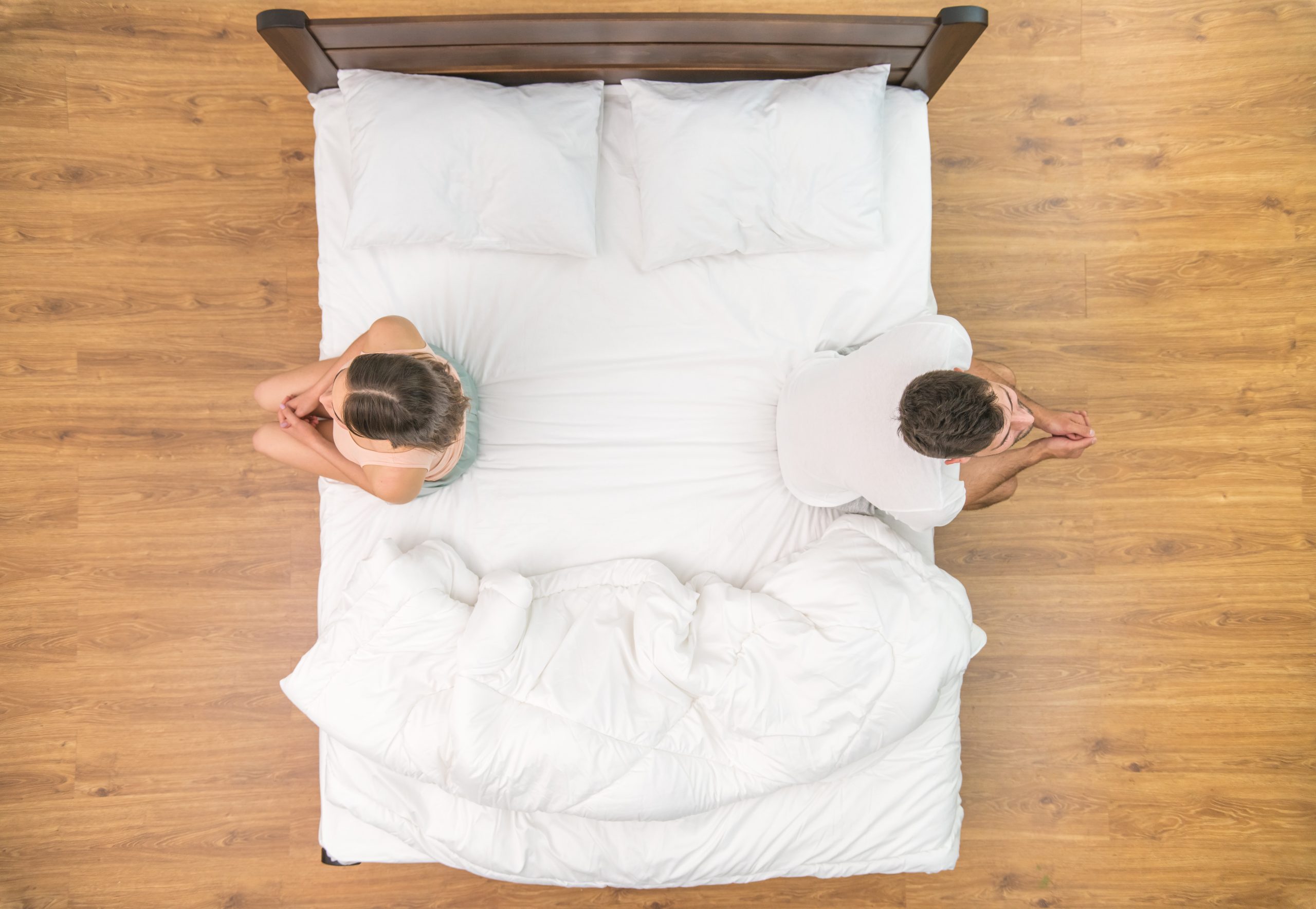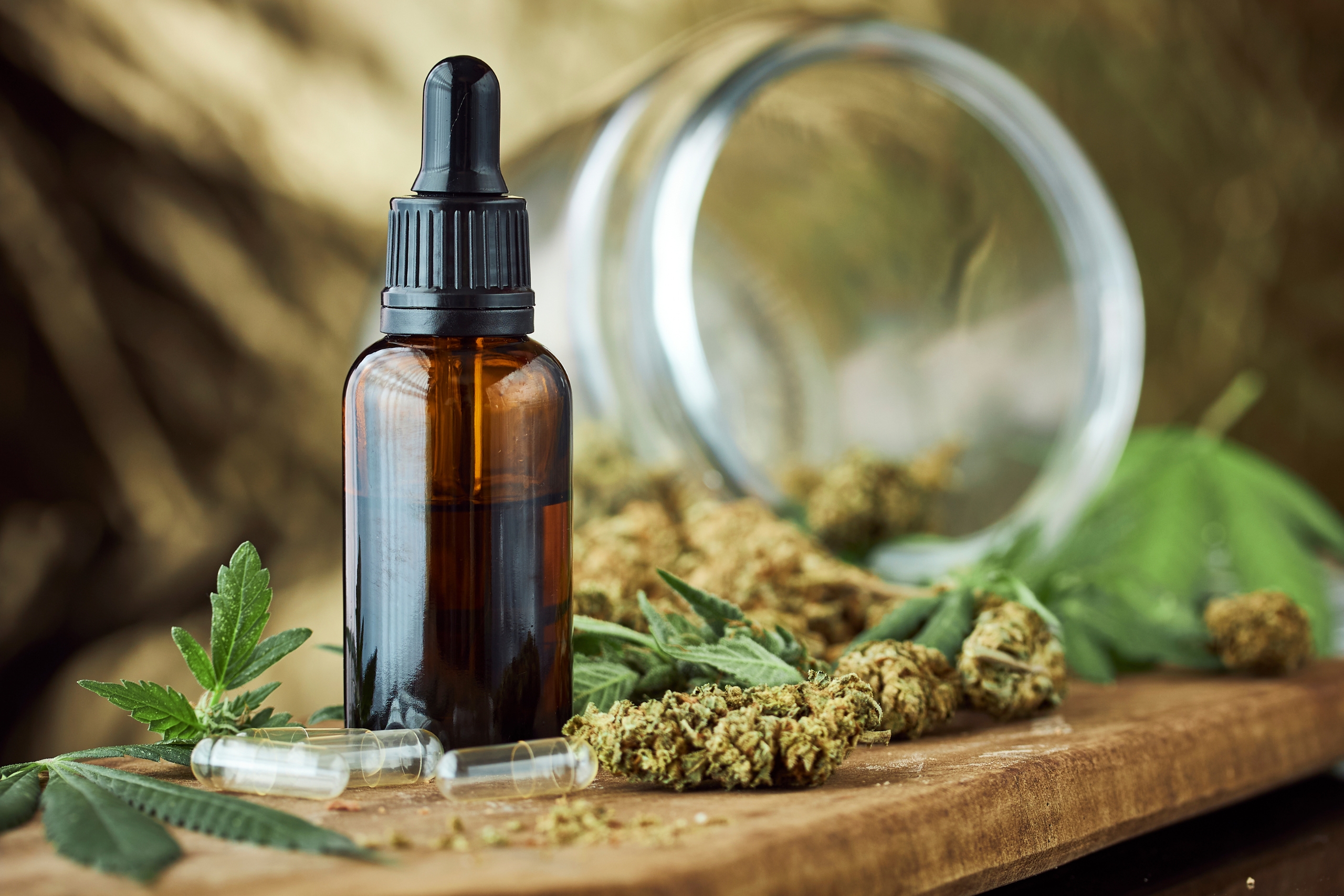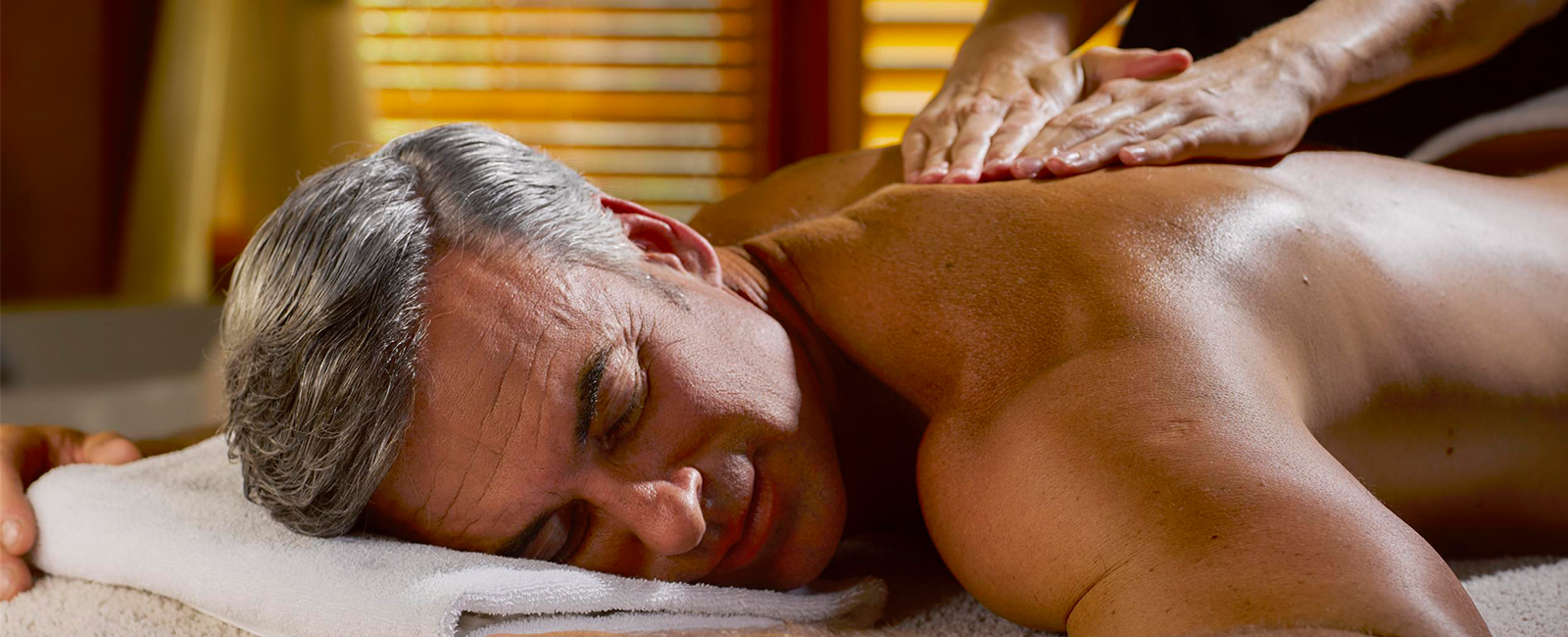Erectile dysfunction (ED) is a widely experienced issue among men, impacting up to 30 million men worldwide but here’s a solution at minaapoteket.
Treatments for ED may involve a combination of medications and lifestyle adjustments. Your physician can identify the underlying cause of your ED and suggest the most suitable course of action.
1. Nutritional Supplements
In addition to prescription medication, there are non-pharmacological solutions for erectile dysfunction. One such solution is nutritional supplements which may contain vitamins and minerals.
Vitamins are a group of naturally occurring chemicals that support your body’s functions and keep you healthy. They make hormones and enzymes, boost immunity levels, and support normal organ and nerve health.
Vitamins such as niacin (vitamin B3) and folic acid (vitamin B9) are essential components of a balanced diet to help combat erectile dysfunction by increasing circulation in the penile organs.
Vitamin D is another essential vitamin, needed for cellular growth and repair. Low levels of this nutrient may contribute to erectile dysfunction in men, so taking a supplement could be beneficial if you suffer from this condition.
For optimal nutrition, eating a balanced diet that incorporates plenty of fruits and vegetables is the best way to go. But if you don’t have time or don’t feel inclined to cook nutritious meals, there are plenty of supplements available on the market that can provide your daily needs.
If you’re thinking about trying a supplement for erectile dysfunction (ED), consult with your healthcare provider first. They can help determine the most suitable options and warn of any potential drug interactions. It’s also wise to use supplements produced by reputable companies.
2. Exercise
Exercise is an effective non-pharmacological solution to enhance sexual desire, function and performance. Additionally, it has the potential to manage other chronic health conditions like obesity, high blood pressure and diabetes.
Furthermore, physical activity can improve your mood and help you sleep better at night. It doesn’t have to be a long workout either; even just a few minutes of activity each day can make a huge difference in how well you feel in general.
It is best to begin slowly and build up gradually. Additionally, consult your doctor before beginning any exercise regimen in order to ensure it’s safe for you as well as monitor any existing conditions such as heart disease or osteoarthritis.
A 2018 study demonstrated that 40 minutes of moderate to vigorous aerobic exercise per week for six months can improve ED symptoms. This includes activities like jogging, swimming, cycling and circuit-type resistance training.
You could also try taking nutraceuticals (therapies that use alternative, natural or herbal additives with health benefits). Examples include yohimbine, L-arginine and red ginseng.
Lifestyle changes such as weight loss and a nutritious diet can also be effective treatments for erectile dysfunction (ED). Unfortunately, they’re difficult to sustain long-term, and results take time. Furthermore, these treatments tend to be costly; thus it’s wise to consult your doctor before embarking on any of them.
3. Meditation
The good news is that there are non-pharmacological solutions for ED, including meditation. Studies have demonstrated that people who meditate regularly experience significant changes in their brain structure – specifically the amygdala region, which houses anxiety.
Additionally, studies suggest meditation can lower blood pressure and decrease stress hormones in the body – both of which could be key factors in relieving ED symptoms.
Exercising is another effective way to improve ED symptoms. Aerobic exercise increases blood flow to the erectile region and puts less strain on the heart, according to a 2018 study which revealed that people with ED who increased their daily aerobic exercise by 40 minutes four times a week for six months experienced an average improvement in both quality and duration of their erections.
Exercise can also help combat obesity and diabetes by decreasing physical inactivity. Other strategies to enhance erectile function include eating a nutritious diet, restricting alcohol and tobacco consumption, as well as managing stress.
In addition to non-pharmacological solutions, sexual dysfunction can also be treated with psychotherapy and psychological counseling. This helps people deal with issues like performance anxiety which often contributes to ED.
4. Mindfulness
Mindfulness has long been used to treat various issues, including eating disorders. It entails cultivating present-moment awareness – that is, paying attention to thoughts, feelings and physical sensations without judgment or evaluation – without judgment.
Ancient Buddhist and Hindu practices developed mindfulness, a meditation technique that helps you become conscious of your body’s inner experience without letting your mind wander. While initially challenging, developing higher levels of mindfulness is an effective way to enhance sex life while decreasing anxiety or depression.
Research has confirmed that practicing mindfulness increases sexual desire and arousal, lubrication, and satisfaction. Furthermore, it reduces negative self-talk, anxiety, and stress.
Many who practice mindfulness report feeling calmer and more grounded, which can be beneficial when preventing or solving ED. Furthermore, mindfulness helps you feel in control of your emotions if you have a history of such issues.
Start practicing mindfulness today by taking a beginner’s course or finding a therapist trained in mindfulness-based stress reduction (MBSR) or mindfulness-based cognitive therapy (MBCT). You might also want to try body scan meditation, which involves paying attention to each part of your body and how it feels.
In addition to relieving stress, mindfulness has also been proven to benefit those suffering from eczema, psoriasis and acne. Studies have demonstrated that deactivating parts of the brain stimulated by chronic itching or stress can provide temporary relief and prevent inflammation.
5. Sex Therapy
Sex therapy is a type of psychotherapy that examines sexual function, drive and desire. It can be beneficial for many issues like ED since it helps you address any emotional concerns contributing to your sexual problems.
It is essential to find a licensed sex therapist who specializes in this form of therapy. They will have expert knowledge about human sexuality and anatomy without any prejudices or preconceptions, plus they can give an honest appraisal of your current sex life and how it might improve.
When first meeting with a sex therapist, they will ask you a series of questions to gain an understanding of your sexual and relationship history. This helps them assess whether they are the right fit for you in the present.
Your therapist may inquire about your medical history to identify if any physical issues are interfering with your sexual activities. These could include conditions such as endometriosis, fibroids or medications that could be causing pain and difficulty during intercourse.
A sexual therapist can then suggest treatment options tailored to your individual needs. They might suggest trying a vaginal lubricant during intercourse, using vibrators to stimulate the clitoris and learning breathing exercises that may increase arousal levels.
Treatment can take time, but it’s possible to overcome sexual issues and feel more at ease with your sex life. At Blueheart we have an experienced team of sex therapists ready to guide you along the path towards better intimacy with your partner.
6. Self-Love
Self-love is about treating yourself with respect and appreciation, avoiding negative social comparisons, and giving yourself the validation you deserve. It also involves taking pride in your accomplishments, understanding when you’re not as good as you thought you were, and accepting that not always feeling confident (at least not yet).
People often struggle with self-love, but it can be developed when you make time for it. Studies have demonstrated that cultivating positive thinking has a profound effect on both mental and physical wellbeing.
Another way to practice self-love is by being present in the moment. According to Sheva Assar, Psy.D., a clinical psychologist in Orange County, California, staying focused on what’s happening right now helps keep you grounded.
Assar suggests taking time out to sit alone and meditate, or even writing down your goals and aspirations. She believes this is an effective way to let go of negative thoughts and can improve mood as well as self-esteem.
If meditation isn’t your thing, try practicing mindfulness through mantras and affirmations instead. These can reduce stress hormones and boost heart rate variability – the body’s natural ability to handle stressful situations – for a more peaceful state of mind.
Though cultivating mindfulness may take more effort than other non-pharmaceutical solutions for ED, the rewards are worth the effort. Not only does it improve your feelings of well-being, but it can also enhance relationships with others. Those who practice self-compassion tend to be more open to new relationships with healthy people and tend to have closer ties with those close to them.





